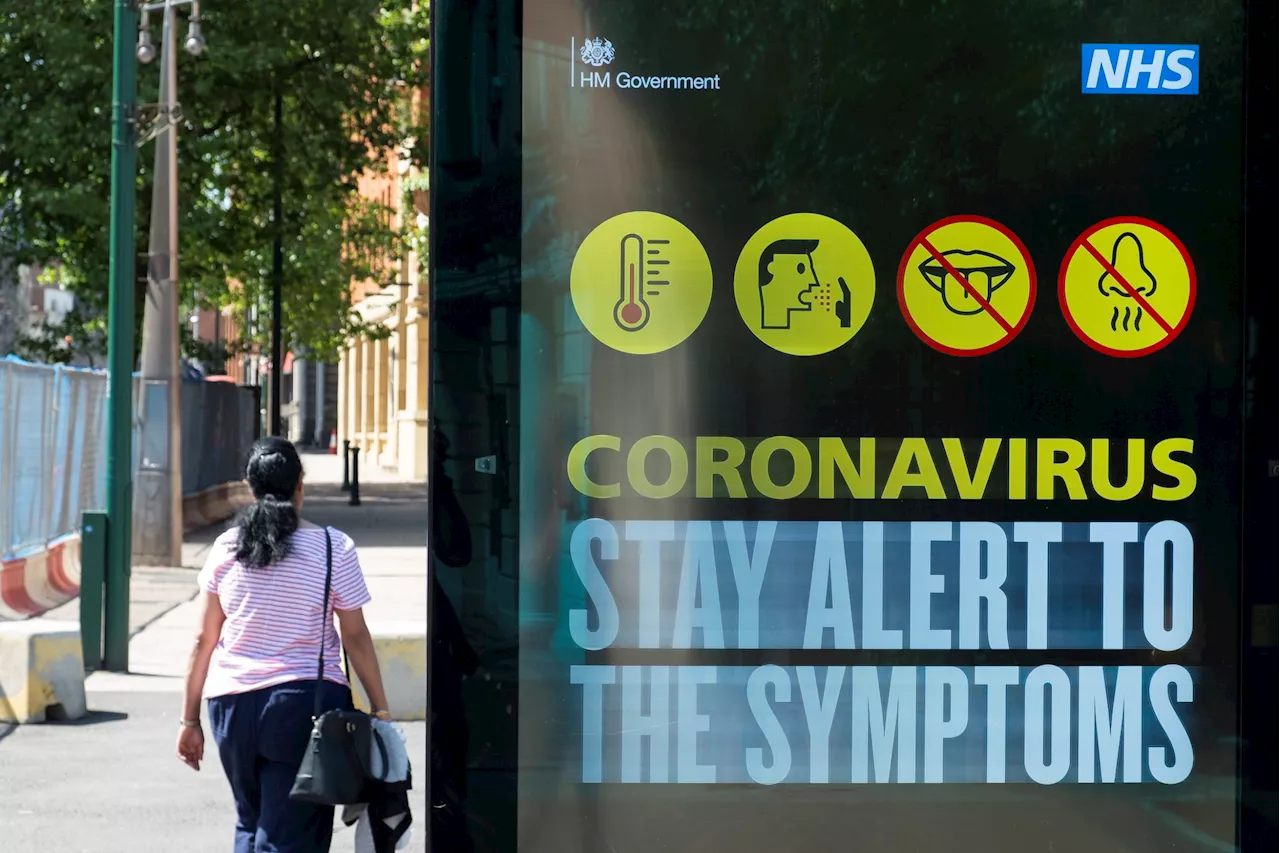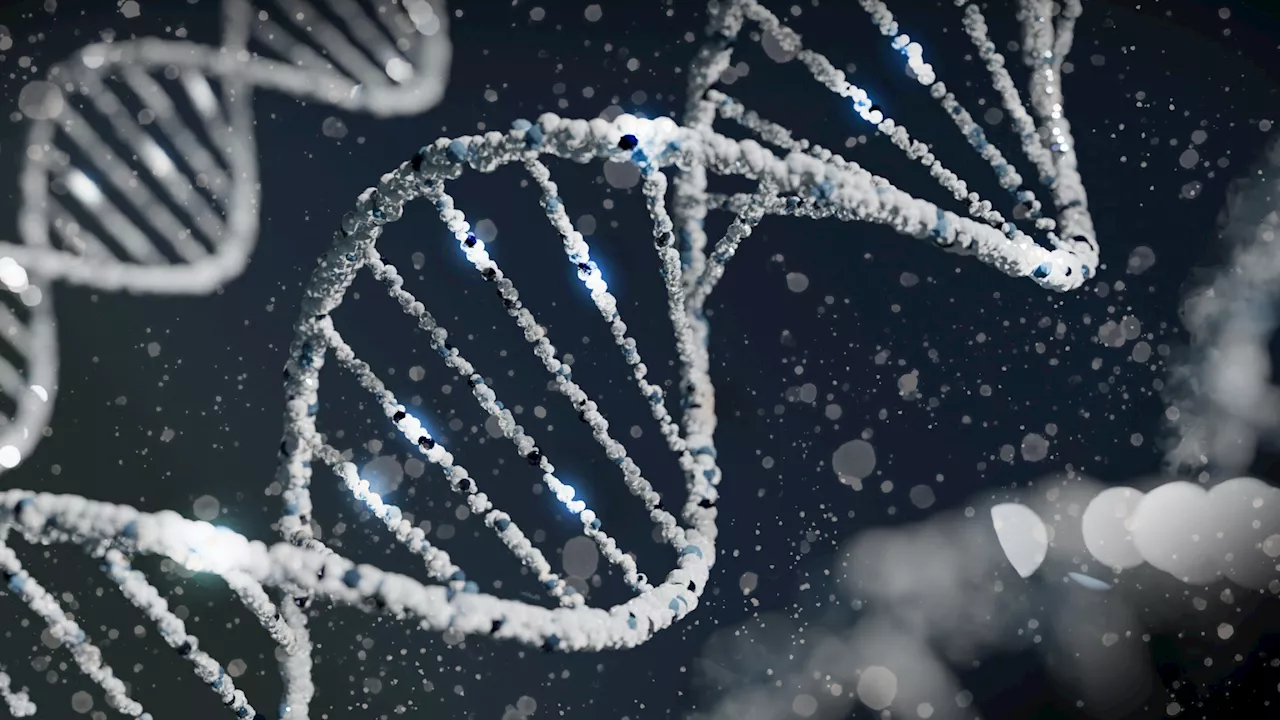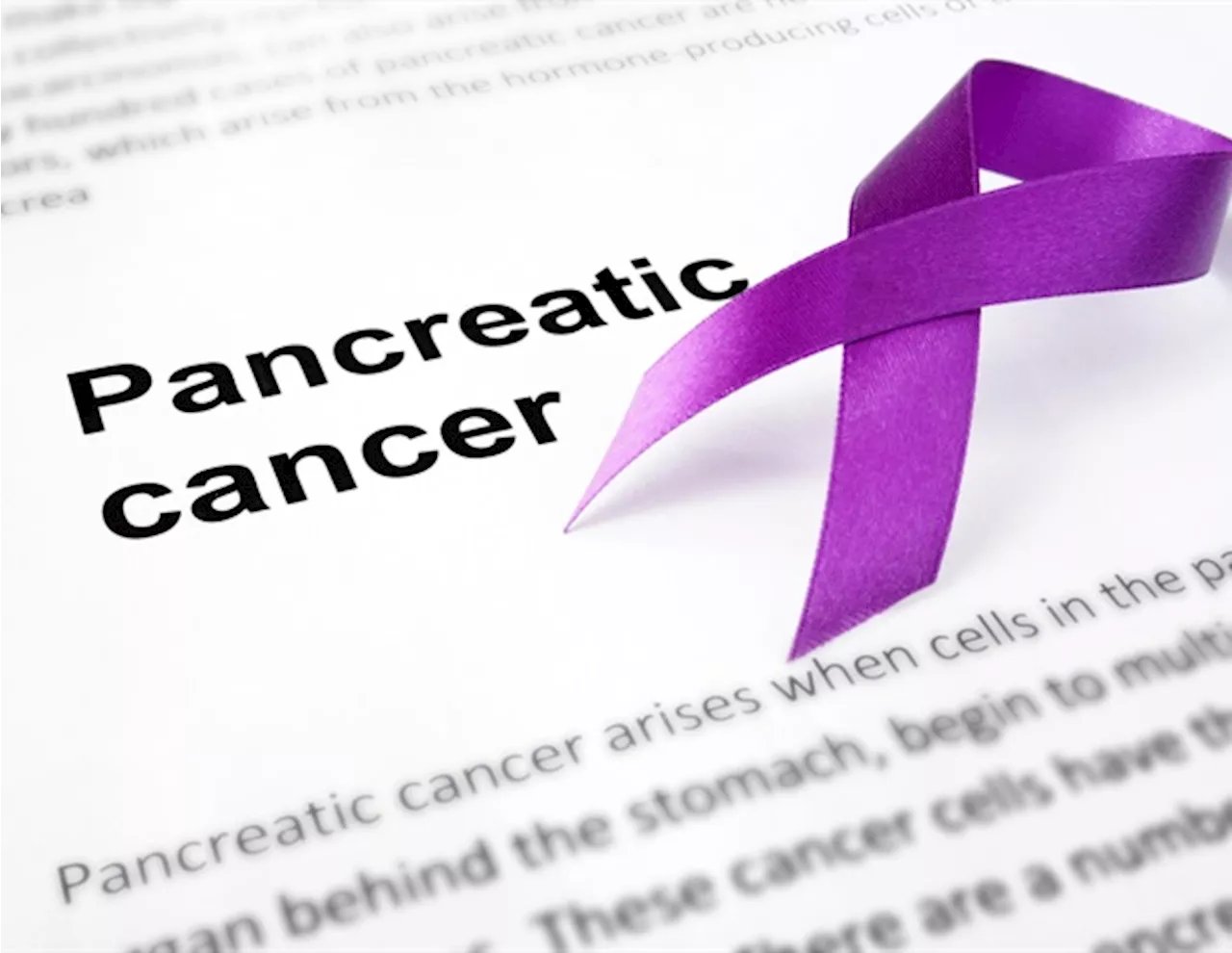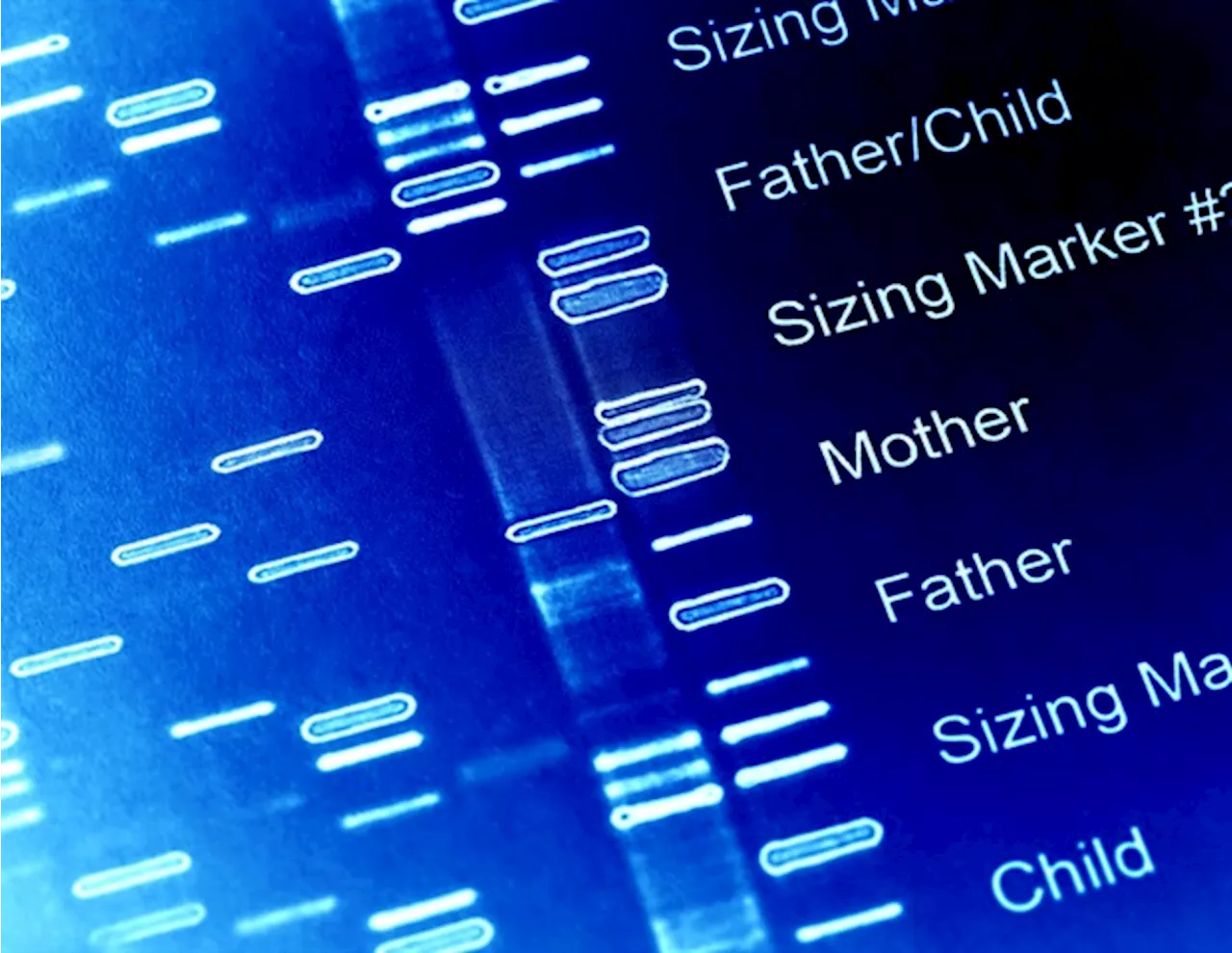Recent research from the University of Helsinki sheds new light on the behavior of the KRAS gene in two of the deadliest cancers—pancreatic and colorectal cancer.
Helsingin yliopisto Oct 21 2024 These findings suggest potential pathways for targeted therapies in KRAS-driven cancers.
Published in Cancer Research and Nature Communications, the studies demonstrate that the loss of the normal version of the KRAS gene can accelerate the growth of pancreatic and colorectal cancers. Interestingly, these tumors seem less likely to metastasize. The results also suggest that when a patient's pancreatic cancer loses the normal KRAS gene, the cancer becomes more sensitive to a type of drug called MEK inhibitors. This means that patients with specific genetic profiles—those who have lost the normal KRAS gene—may be more likely to benefit from targeted therapies that can slow tumour growth.
Colorectal Colorectal Cancer Genetic Gene Research
United Kingdom Latest News, United Kingdom Headlines
Similar News:You can also read news stories similar to this one that we have collected from other news sources.
 University of Pittsburgh receives $100 million to enhance trauma care researchThe University of Pittsburgh Schools of the Health Sciences has been awarded approximately $100 million from the U.S. Department of Defense (DOD) to continue a clinical research program that is advancing trauma care.
University of Pittsburgh receives $100 million to enhance trauma care researchThe University of Pittsburgh Schools of the Health Sciences has been awarded approximately $100 million from the U.S. Department of Defense (DOD) to continue a clinical research program that is advancing trauma care.
Read more »
 Indiana University scientists pioneer oculomics research with NIH supportIndiana University scientists with expertise in optometry and artificial intelligence are among the first three groups of researchers to receive support from a new program from the National Institutes of Health supporting the emerging field of 'oculomics,' which uses the eye as a lens on diseases that affect the whole body.
Indiana University scientists pioneer oculomics research with NIH supportIndiana University scientists with expertise in optometry and artificial intelligence are among the first three groups of researchers to receive support from a new program from the National Institutes of Health supporting the emerging field of 'oculomics,' which uses the eye as a lens on diseases that affect the whole body.
Read more »
 Stressed bees make pessimistic choices, Newcastle Uni study findsNewcastle University research suggests bees reduce their expectations of reward when agitated.
Stressed bees make pessimistic choices, Newcastle Uni study findsNewcastle University research suggests bees reduce their expectations of reward when agitated.
Read more »
 We are still fighting effects of long CovidA research team at the University of Cambridge is the latest to provide insight
We are still fighting effects of long CovidA research team at the University of Cambridge is the latest to provide insight
Read more »
 Genetic mutations in HRAS, KRAS genes linked to childhood cancersHereditary changes in genes are often the cause of rare diseases. For example, disease-causing gene variants (PVs) in the HRAS gene cause Costello syndrome and PVs in the KRAS gene cause Noonan syndrome and cardio-facio-cutaneous syndrome.
Genetic mutations in HRAS, KRAS genes linked to childhood cancersHereditary changes in genes are often the cause of rare diseases. For example, disease-causing gene variants (PVs) in the HRAS gene cause Costello syndrome and PVs in the KRAS gene cause Noonan syndrome and cardio-facio-cutaneous syndrome.
Read more »
 The impact of KRAS mutations on pancreatic cancer progression and survivalA common mutation in the KRAS gene is associated with improved overall survival in pancreatic ductal adenocarcinoma (PDAC) compared with other variants, in part because the mutation appears to lead to less invasiveness and weaker biological activity, according to a multicenter study conducted at Weill Cornell Medicine, NewYork-Presbyterian,...
The impact of KRAS mutations on pancreatic cancer progression and survivalA common mutation in the KRAS gene is associated with improved overall survival in pancreatic ductal adenocarcinoma (PDAC) compared with other variants, in part because the mutation appears to lead to less invasiveness and weaker biological activity, according to a multicenter study conducted at Weill Cornell Medicine, NewYork-Presbyterian,...
Read more »
